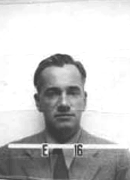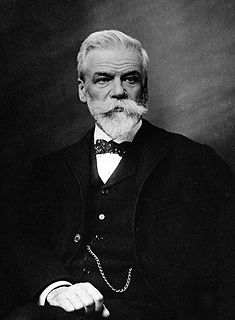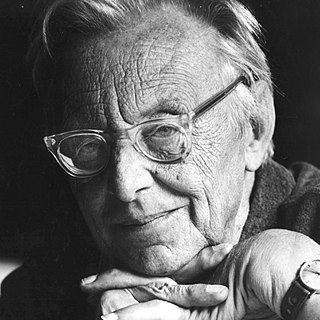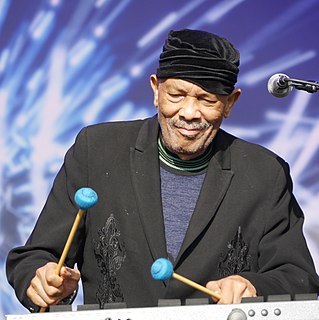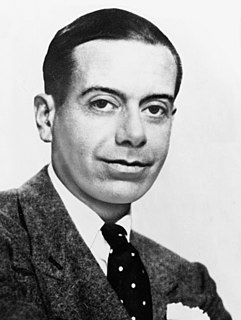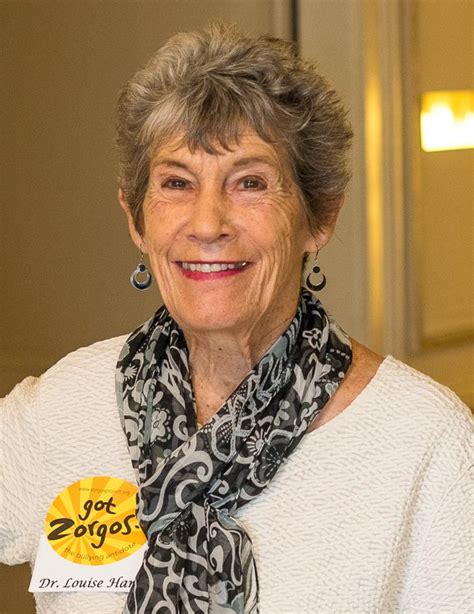A Quote by James Gleick
Children and scientists share an outlook on life. 'If I do this, what will happen?' is both the motto of the child at play and the defining refrain of the physical scientist.
Related Quotes
Scientists have one thing in common with children: curiosity. To be a good scientist you must have kept this trait of childhood, and perhaps it is not easy to retain just one trait. A scientist has to be curious like a child; perhaps one can understand that there are other childish features he hasn't grown out of.
Historically, girls have not been encouraged to be scientists, to be explorers, and there's a social kind of constraint, of course. Having the responsibility, a disproportionate part of the responsibility, for caring for families, caring for children. I know this challenge from firsthand experience because I have three children and four grandsons.And some of the time I have spent as a scientist and as an explorer has meant choosing to not be with my children and grandchildren as much as I might otherwise have done had I not been a scientist, an explorer.
Children inherit the qualities of the parents, no less than their physical features. Environment does play an important part, but the original capital on which a child starts in life is inherited from its ancestors. I have also seen children successfully surmounting the effects of an evil inheritance. That is due to purity being an inherent attribute of the soul.
What the scientists have always found by physical experiment was an a priori orderliness of nature, or Universe always operating at an elegance level that made the discovering scientist's working hypotheses seem crude by comparison. The discovered reality made the scientists exploratory work seem relatively disorderly.
Friends serve central functions for children that parents do not, and they play a critical role in shaping children's social skills and their sense of identity. . . . The difference between a child with close friendships and a child who wants to make friends but is unable to can be the difference between a child who is happy and a child who is distressed in one large area of life.
Philosophers often think all scientists must be scientific realists. If you ask a simple question like "Are electrons real?" the answer will be "Yes". But if your questions are less superficial, for example whether some well-known scientist was a good scientist. Then, they had insisted that only empirical criteria matter and that they actually did not believe in the reality of sub-atomic entities. Ask "If that turned out to be true, would you still say they were good scientists?" The answer would reveal something about how they themselves understood what it is to be a scientist.
I grew up as an only child, so inherently, most of my life was centered around me. My parents taught me to play well with others and to share my toys, but I was still an only child who didn't have to share my parent's attention with siblings. As great as my childhood was, I always wanted brothers and sisters.
Before I had my first child, I never really looked forward in anticipation to the future. As I watched my son grow and learn, I began to imagine the world this generation of children would live in. I thought of the children they would have, and of their children. I felt connected to life both before my time and beyond it. Children are our link to future generations that we will never see.
You should not fool the laymen when you're talking as a scientist... . I'm talking about a specific, extra type of integrity that is not lying, but bending over backwards to show how you're maybe wrong, [an integrity] that you ought to have when acting as a scientist. And this is our responsibility as scientists, certainly to other scientists, and I think to laymen.

